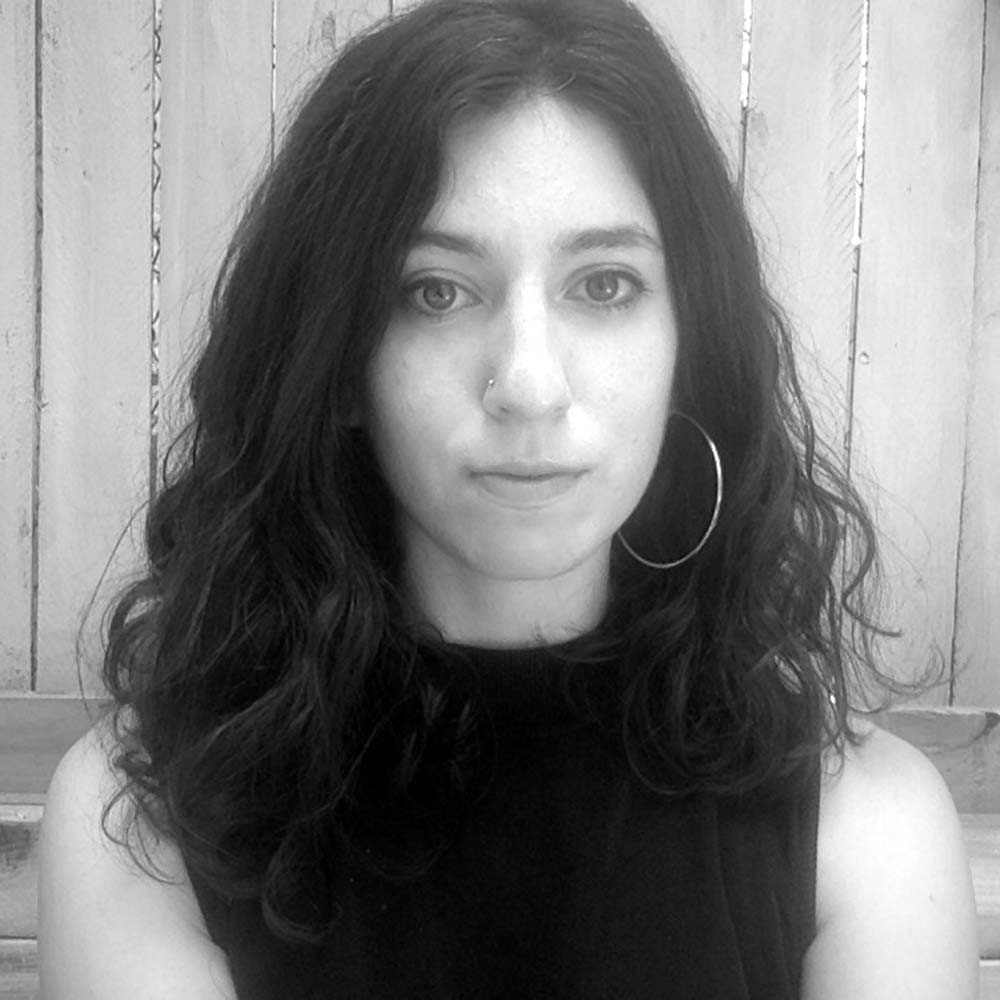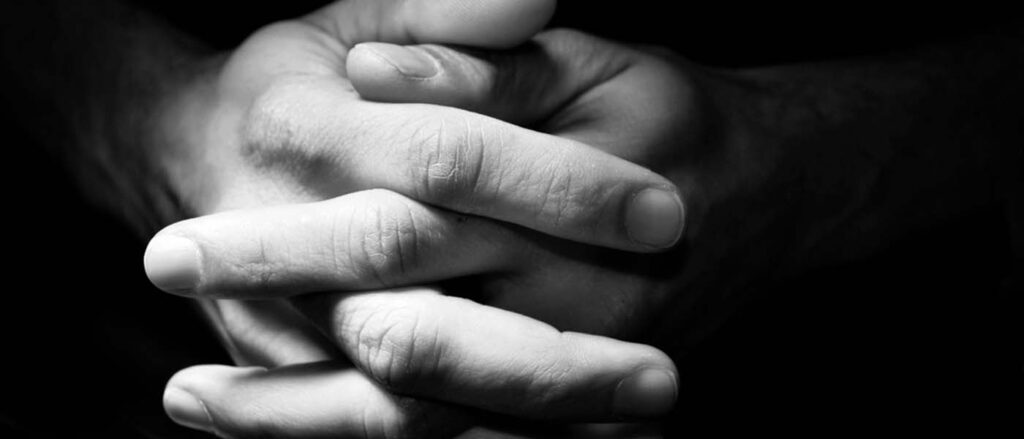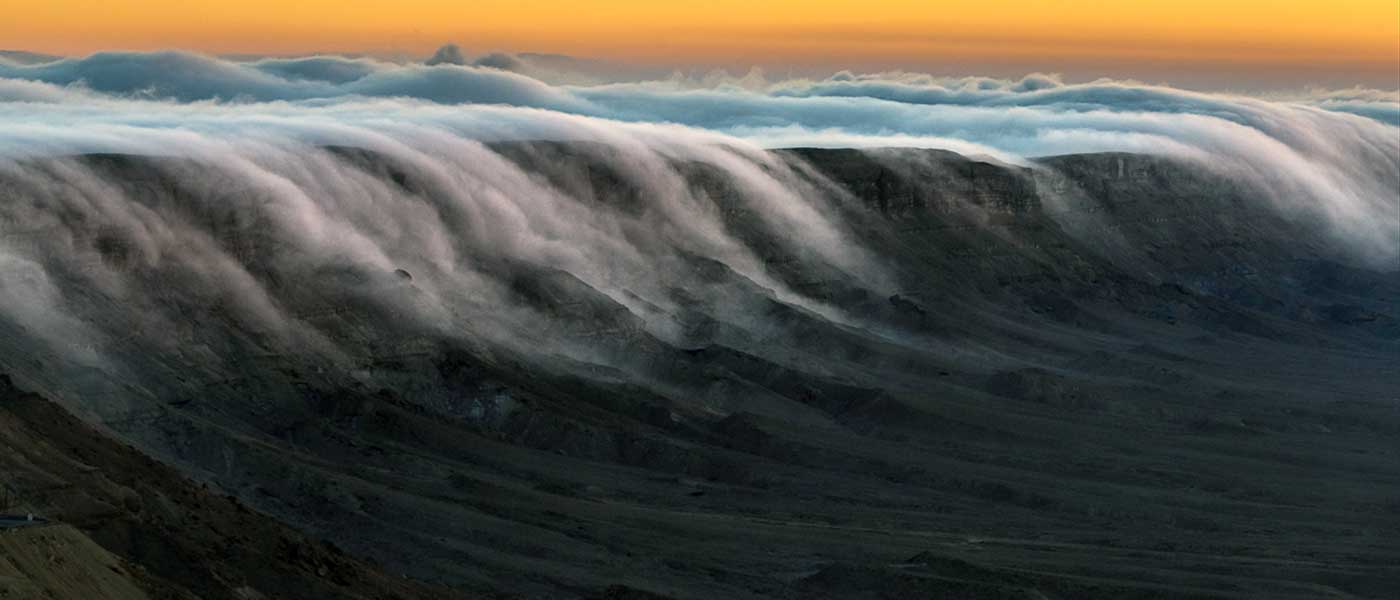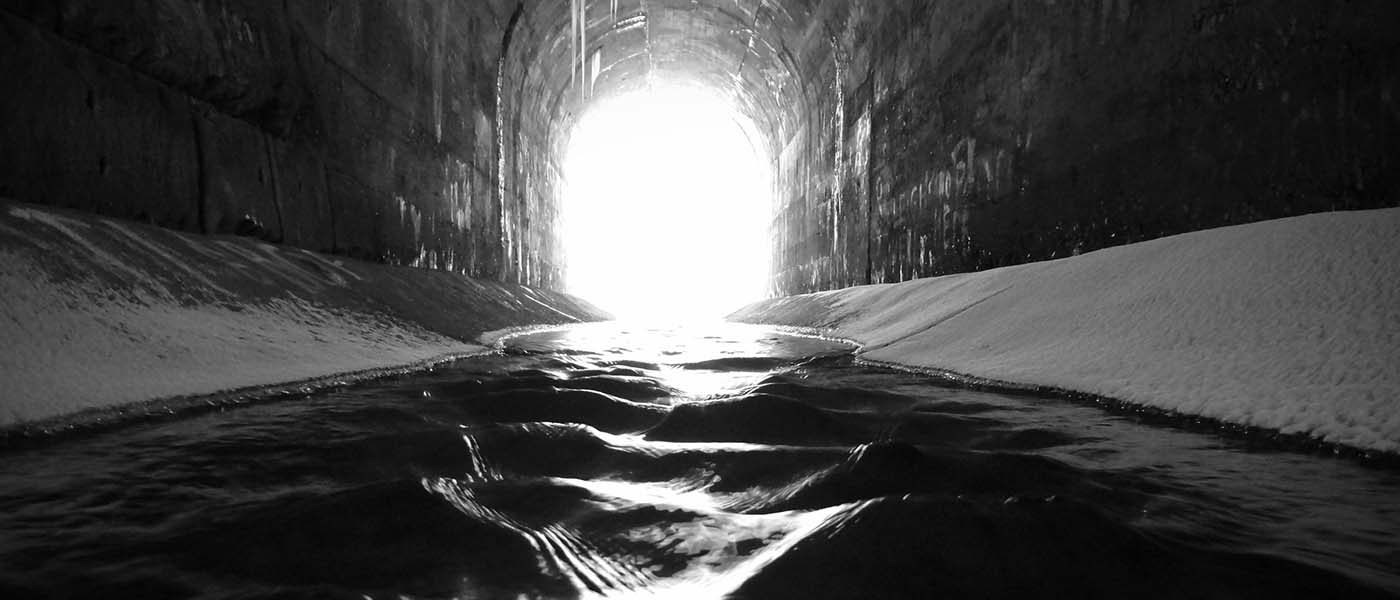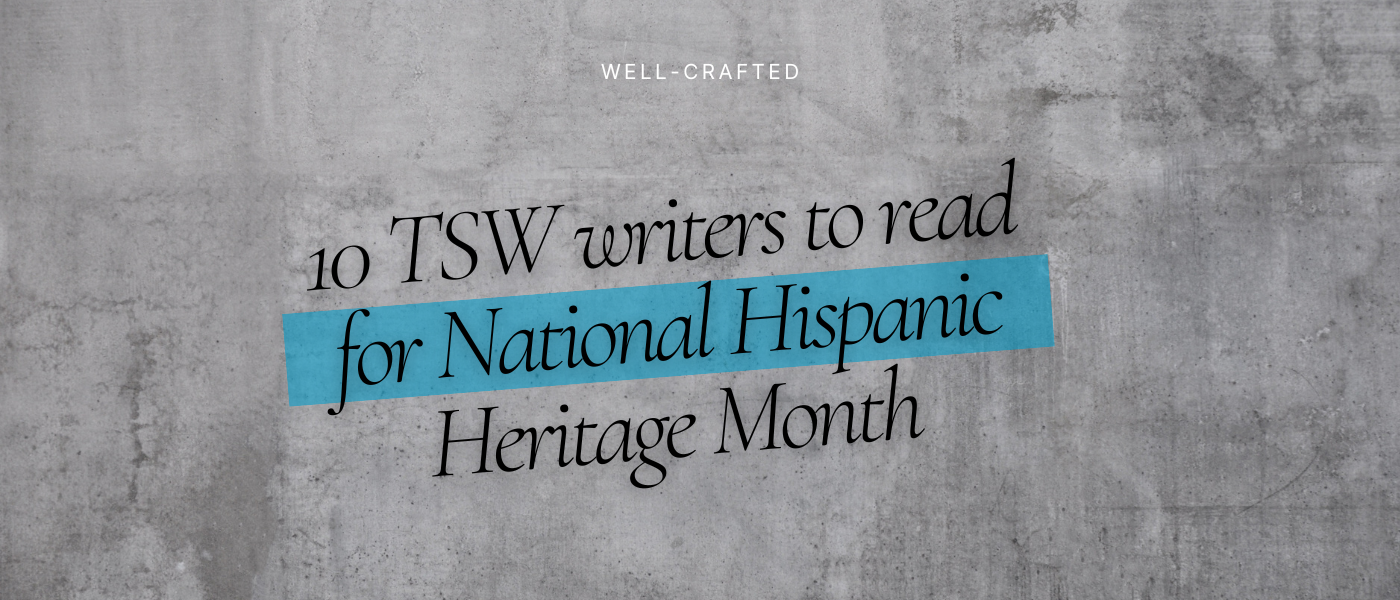It is the spring of 2007, and I have traded in my solitude for friendship. She is tall and svelte and her pelvic bones protrude sharply, enviably, against her flesh. Her hair, lightened ocher by the sun, hangs long and settles neatly into the valley of her spine when she is still. I consider myself.
I am sixteen, a junior in high school, and according to most accounts, American. Born in Cedars-Sinai Hospital, raised in California a stone’s throw away from the La Brea Tar Pits, and brought up to speak English, I am only vaguely aware of what has been scarified and lost in the remote reaches of Anatolia to allow for my existence. That world has ostensibly no relevance to my own, and has begun to assume the proportions of fable in my mind. Like the Homeric epics or snowfall in Los Angeles, it is imaginable, but not without an air of inconceivability.
I cannot say with certainty if the atrocities of my Jewish-Armenian ancestry have borne down on me in any noticeable way. The trajectory of my life and that of my ancestors seem unbound and eras apart. The distances between us, unfathomable. So, if by chance, my mother or my uncle or one of my many relatives told me about the assassination of Turkish-Armenian journalist Hrant Dink, I would have stored it in that part of my mind reserved for dates, and for numbers of casualties incurred by war’s arbitrary dealings. The figures, so relentless and large that they are devoid of meaning. Like light-years and parsecs. Though I know I am caught in the rigging of history, I do not understand my place in the whole complex system. I can see just far enough to make out the smudge of vastness, and feel even less.
My mother, from Yerevan herself, sometimes speaks of the Genocide, but she almost uses it like a bargaining chip. As if she thinks the only way I can come to terms with my Armenian-ness is through disaster. And maybe she is right; disaster, after all, bonds people. But as it stands, my acquaintanceship with the genocide is just that: a linguistic appreciation. Coined by Polish jurist Raphael Lemkin, it is a word I have come to recognize. A bad one used furtively behind closed doors, and loudly on that one day of the year dedicated to its remembrance. As though there is limited space for it in our lexicon and our lives. An object, which spends a majority of its time in dark cabinets, brought out to be showcased on special occasions. And even then, it is regarded with trepidation and suspicion.
When Esmeray and I meet for the first time, I sheepishly tell her that I am Armenian. The precedent is set and a power dynamic is established. I try to understand the glint in her eyes when I renounce my lineage almost in the same breath as I claim it. The glint, I think, looks like something akin to pride. Where it comes from, I am not yet sure. I spend more time with her than anyone else and yet I find her to be the most impenetrable. I hope, by proxy, that whatever she is made of will coat me and I can then at least possess the illusion of beauty. People will forget about my nose and the hair on my arms.
Her father, I soon learn, is an accomplished brain surgeon. A frontiersman, I think. I spend an inappropriate amount of time imagining what his life looks like. The wealth he has. The places he has been. The parts of our bodies he has seen and touched that I will never be granted access to. His intelligence and skill, almost a violation.
Before I meet him, I hear him. He is a muffled voice speaking in tongues. And when my friend responds to him, she too speaks in tongues and it fills me with awe and disquiet. It is not a language I am familiar with, but I am able to intuit by the cadence that it is Turkish. Suddenly, my position in her life feels precarious. I regret divulging my ethnicity to her. I regret how small it makes me feel. And I regret agreeing to meet her father. Her mother, distinctly American and divorced, seems unthreatening. But her father, the lashing voice on the other end of the line, is unfamiliar terrain. He is from Turkey and he has traded the vista of glistening minarets for that of the Pacific Ocean. And more importantly, he has the currency to do so. In my mind, I liken him to a visiting dignitary. A sultan. A demigod who will only settle for a room with a view.
He, potbellied with a Bluetooth firmly lodged in his ear, emerges from his black Bentley. Sporty sunglasses squeeze his sweaty flesh. He is menacing and austere and he makes me feel, just by standing there, that I do not belong. I am trespassing. And he has touched the soft nervous tissue of my brain in another.
When he sees us, he waves a hand in the air and leaves an index finger pointed upward toward the trees. I put my feet back in place when I realize that the index finger is not a request, but a demand. Wait.
I look over at my friend, hoping that we can share this moment, but she is on her BlackBerry and sucked into a vortex as large and powerful as the kind that literature and films create. I lean against a tree, tugging at the hem of my short denim skirt, and wait for something, anything, to happen. A bird to spiral downward from the sky like an omen. My friend to drop and crack her phone against the cement. The car to slide backward into the ocean. It dawns on me then that I hate that car.
“Girls, come,” he says with an outstretched arm. My friend drops her BlackBerry into her velour Juicy purse and hugs him with one arm. Her right cheek presses flat against his chest as her jaw continues to vigorously move from the gum that she always chews. His chin rests atop her scalp and soon thereafter he kisses her forehead. The proprietor and his prize. I stand behind her and await my turn.
“Nice to meet you.”
My hand meets his in a firm, dry embrace and I search for his gaze, finding my face instead. When he releases his grip, he makes his way back to the car with militant steps and opens the back door. We pile into the backseat at his behest and for the first time my friend turns toward me and smiles. Maybe she sees that I am nervous. Or perhaps she is also nervous, fearful that her cardigan and slacks can’t possibly fool her father, and is seeking solace in me. Because the truth is that she is wild and flighty and brazen. She wears dresses with plunging necklines and cutout backs. She smokes cigarettes and drinks entire bottles of Smirnoff Gold. She mingles with all classes and all the while her gold bangles clank like the sound of a siren, leaving mystified men and women in her wake.
They both return to their respective vortexes and I glide my hand along the black leather seat. I can say with confidence that I have never felt luxury like this before. The kind that is too large to make sense of and too unnecessary to respect. I consider a compliment, just to appease him, but remain silent instead.
When we pull up to his house, a stately piece of ivy-covered property, we park the Bentley behind the Mercedes. As if that’s a thing people do. The sprinklers gush and drizzle the too-green grass. An older woman carrying a large basket passes by the window. The gardener rakes wayward leaves ahead of us. The whole scene, in fact, is charged with a kind of domestic benediction. So unlike the charming unkemptness of her mother’s townhouse. So unlike anything reminiscent of comfort.
“Shall we?” he asks as he surveys us in the rearview mirror. I watch my friend apply strawberry ChapStick to her cracked, flawed lips and the sickly-sweet smell pricks my nostrils. Her cheeks catch the sun in iridescent streaks and I marvel at the color they emit. A color so strange and wonderful that it may not belong to language.
When she opens her door, I follow suit and we walk abreast behind her father. The heat has risen and the sluggishness of it all strikes me as uniquely Californian. Whether I have come to this conclusion myself or read about it in some book, I don’t really know. But I feel it, the Vitamin D, and I feel it injecting us with a particular deficiency that causes us Westerners to disengage with the rhythm of the rest of the world. How much we love this land of forever Indian summers and Technicolor. Where history lives in canisters of film and sprawls itself flat in Cinemascope. How odd it seems that anything else can possibly exist.
The interior is as pristine and unsettling as the exterior. A Turkish rug, blazing crimson red, lies at my feet and a single candle, smelling of verbena, burns on the credenza. The air, rarefied and ill-suited to any other setting save a mausoleum, fills me with an inexplicable grief. Like I have left something of myself at the door and can’t be certain whether it will be returned to me or not.
“Girls, come come,” he says waving a hand in the air. “You sit in the backyard while I make this phone call. I won’t be long.” A demand, not a request.
He slides open the glass door and the two of us dodder ahead of him. I hear the swoosh of the door shutting behind us and a stream of that rarefied, cool air hits my neck. The presence of his absence like a whip. My friend, BlackBerry in hand, takes a seat on the black wicker chair and her eyes glaze over.
In my periphery, his large and lone figure cuts through space beyond the pane like a pile driver. I consider my reflection, washed out and worn thin, superimposed on his back.
Lukewarm sadness. Burn of salt tears. The feeling of a memory, maybe mine, shooting up from the root and blossoming into me. The progeny. The fruit.
Jacaranda trees above us temper the full sting of the sun and I watch how the light dances on my arms and my thighs.
“Who are you texting?” I ask.
“That boy from last night. He’s so dumb,” she says, smiling.
“Why?”
“He’s just, like, so into me. He keeps asking when he can see me again. Like, I don’t know.”
She furrows her brow, like she so often does, and I think how one day those lines will be embossed onto her skin. This pleases me, the irrevocable turning of time’s gears. And suddenly, my nose and the hair on my arms seem negligible.
I sit in the large black wicker chair opposite her and notice the man-made pond to my left. Stone cherubs of the Greco-Roman canon preside over it with a stoic insouciance and koi fish dart to its perimeter with the velocity of a suicide pact.
“Oh my god,” she begins to cackle. “He’s crazy.”
I really do not want to ask her why, but I am too curious not to care.
“What did he say?” I smile defiantly and consider if it is possible to bend the laws of physics enough to allow for me to become her, just to see how it feels. Matter, my chemistry teacher said, is recycled. Atoms, reconfigured. So how difficult would it be, really? To wed poetry to physics?
She looks up with a vacant stare.
“Who?”
“The boy.”
“Oh, he invited us to this foam party in Westchester. It’s going to be huge.”
“Oh, okay.”
I begin to imagine what that could possibly entail. The clothes she would dress me up in. The makeup she would put on my face. And the pervading sense of dread from strained social interaction. Yet still, I would go. Still, I would keep up with appearances. Too curious not to.
“Let’s go. It’s tonight.” A demand, not a request.
Behind me, I hear the glass door slide open. A booming voice follows.
“I’m so sorry girls,” he says with no apology in his tone.
“It’s okay, Daddy.”
Something about the way she says “Daddy” irks me. Saccharine like that strawberry ChapStick. Cloying sanctity for The Father.
“Let’s have some çay,” he says. He then rests his hand on my shoulder. A gesture of inclusion or ownership. “Have you had çay, Angela?”
Of course, I think. And I recognize the offense I have taken as a type of territorial instinct. I had no idea that it was Turkish. I remember it as distinctly Armenian. Something my dede used to make for me when I had spent my summers in Sunnyside, Queens, in the early noughties. Two years ago he passed, and the sudden recollection of his absence, spurred by the sound of the word çay coming from someone else’s mouth, fills me with great sorrow. Like this man with Bluetooth and Bentley who will only settle for a room with a view has stolen something from my dead grandfather, my ancestry.
When I visited last, his coats were still hanging in the closet, pockets packed with McDonald’s napkins. Good man, your dede, Nene told me when I asked if she missed him. Because I do. I miss him and he spoke not one word of English. I miss when he would take his false teeth out and bite my tiny fingers with his gums. A squishy sea creature on my skin. I miss finding him in his tweed suit and newsboy cap playing chess at Sunnyside Gardens Park on 39th Avenue. I miss the hissing and shuffling of him in the kitchen preparing coffee. The scraping of the cezve against the hob. And the prophetic grounds at the bottoms of our cups.
“Yes, I have.” I try my best to sound friendly and neutral. I wish he would take his hand off of my shoulder. How satisfying it would be to peel his fingers from my flesh.
“Maria, bring the çay,” he says just loudly enough for the woman inside to understand what is required of her.
When she emerges, the scent of cloves and cinnamon sticks wraps us in ribbons of steam. She sets the tray down and he looks up at her with an extremely foreboding grin. It is the kind that is devoid of kindness and infused with disdain instead. He pauses for what seems like a considerable amount of time, locking his eyes with hers, and then as though jolted into movement by some external force, averts his stare and grips the handle of the çaydanlık, effectively relieving her. The knowledge of his power and however he chooses to administer it, I think, pleases him greatly. He does not deplete his reserves impulsively.His manner, calculated and mechanized.
She scurries away and I look after her.
“We used to drink this everyday in Bebek. Do you remember, Esmeray?” he asks.
She cups the glass in her hands and nods her head. “I miss it so much.”
“Daddy, we should take Angela there.”
I couldn’t think of anything more horrid.
“Angela, have you thought of visiting Turkey?” he asks with that disdainful grin.
“I have. It looks like a beautiful country.”
“Yes, yes. Very beautiful indeed,” he says. “Tell me Angela—”
I do not like my name in his mouth. I do not like what he has taken from me and my family.
“Esmeray tells me that you’re Armenian.”
Logic tells me that I am safe. Logic tells me that no real threat has been posed. My sympathetic nervous system, however, does not operate on logic. And neither does my heart.
“I am.”
He takes a napkin and wipes the excess liquid off of his mustache.
“You must have heard many stories growing up.”
Stories. I nod my head and look at my friend wondering whether she is ally or foe.
“Are both of your parents Armenian?”
“Just my mother. My father is of Hungarian-Russian descent.”
He raises his brow as though this amuses him.
“Jewish, your father?”
“Yes.”
“So you are Armenian and Jewish.”
“I am.”
He looks at Esmeray and smiles.
“She’s very pretty, your friend, isn’t she?”
I shift uncomfortably in my seat.
“Big eyes like Theodora in the mosaics.”
A dusty slide of Justinian and Theodora appears in my mind. Late afternoons in an air-conditioned classroom. My art history teacher rolling back and forth on his chair from one projection screen to the other, and the very pleasing smell of Gardner’s Art Through the Ages. What I would give to be in that classroom.
“You know, Angela, many people like to make things up and live in ignorance. It is easier to go through life like that.”
He takes another sip of his tea and sets the glass down gingerly. He continues: “Self-pity is such an ugly trait. I always tell Esmeray that. Confidence comes from knowledge and knowledge is power. Wouldn’t you agree?”
“I would.”
“One must take responsibility for their actions. Accountability.”
“Of course.” My palms are so moist that the glass almost slips from my grasp. I place it in between my thighs.
“There is a time in history that many Armenians refer to as the Genocide. You have heard of this, yes?”
I nod my head.
“Such a strange word to describe a two-sided battle. That is the very nature of war, isn’t it? To protect oneself. To protect one’s family. To protect one’s country.”
He takes a cigar from his pocket and lights it. Great big puffs of smoke obscure his face.
“So many forgeries and falsehoods in the world. My people defamed and demonized because of protecting ourselves against the Russian Army and Armenian militia. What else were we to do?”
I remain silent, paralyzed as I remember the parts of our bodies he has seen and touched that I will never be granted access to. My head pounds as though pressurized. A hand pressing hard on the soft nervous tissue of my brain.
Esmeray says not a word. What sixteen year-old girl can argue with a brain surgeon? I think. The places he has been. The wealth he has.
And then, the crushing feeling I am all too familiar with. Of having an objective without any of the necessary tools to realize it. The swallowing of the swollen tongue. The counterattack, lost.
“But that was so long ago,” he says with a broad grin, acutely aware of the discomfort and pain he has caused. The power he has unfairly wielded.
And for the first time I understand that I belong to the other side of history.
I nod, slowly, take a sip of çay, and place the glass on the table, hoping it doesn’t slip from my hands and meet the tile, a splintered version of its former self.
Or maybe, that is exactly what I want.
